
Why do Japanese people prefer sleeping on the floor?

1. Efficient Use of Living Space
In Japan, most families use tatami mats—a highly versatile item. Tatami mats are not just ordinary floor coverings; they can also be converted into beds when needed or serve as seating areas when guests visit.
Because living space in Japan is often limited, using tatami mats helps save space and optimize living arrangements. Moreover, most Japanese homes are equipped with heating systems that keep the rooms warm, even during cold winters.
2. Safety for Young Children
Another reason why Japanese people prefer sleeping on the floor is the belief that it is safer for children. Sleeping on a bed can pose a risk of children rolling off and getting injured. However, on the floor, children can freely roll and crawl without fear of falling or bumping into dangerous objects, giving parents peace of mind.
3. Preparedness for Natural Disasters
Japan is a country prone to earthquakes, and its people must always be ready for emergencies. Sleeping on the floor allows individuals to better sense earthquake tremors and react quickly to seek safe shelter.
When sleeping on a bed, the shaking is often felt later, making it harder to respond promptly. Additionally, minimalist living spaces with fewer belongings enable easier and quicker evacuation during earthquakes.
4. Health Benefits
Many Japanese believe that sleeping on an overly soft bed is not good for health, especially for bones and joints. They consider that a mattress with moderate firmness—not too hard or too soft—is the best choice. Sleeping on a flat, firm surface helps support the back and improves blood circulation by evenly distributing body weight, reducing pressure on various body parts.
Conversely, sleeping on a soft bed may feel comfortable initially but can cause the mattress to sag over time, leading to spinal curvature and back pain. Furthermore, sleeping on the floor helps elderly people avoid the risk of falls when moving from bed to the ground.
Japanese people don’t just lie on bare wooden floors—they use tatami mats or thin mattresses. Tatami mats are made by compressing dried straw, providing elasticity and comfort. Japanese mattresses are typically thin, and pillows are smaller and filled with materials like buckwheat hulls. Although these pillows feel somewhat firm at first, they offer excellent support for the neck and cervical spine.
5. Easier to Wake Up
Another reason Japanese people prefer sleeping on the floor is that it helps them wake up more easily. Sleeping on a soft mattress can make it harder to get up early due to the warmth and coziness it provides. However, sleeping on the floor promotes better quality sleep and prevents dependency on blankets or pillows in the morning.
6. A Part of Traditional Culture
The habit of sleeping on the floor has existed for thousands of years and is an integral part of Japanese culture. This tradition has been passed down through generations and remains a common practice in Japanese daily life.
News in the same category


These 4 parts of a pig may be delicious and inexpensive, but you shouldn’t eat them too often—don’t let greed harm your health

Reasons why you should stop eating tilapia as soon as possible
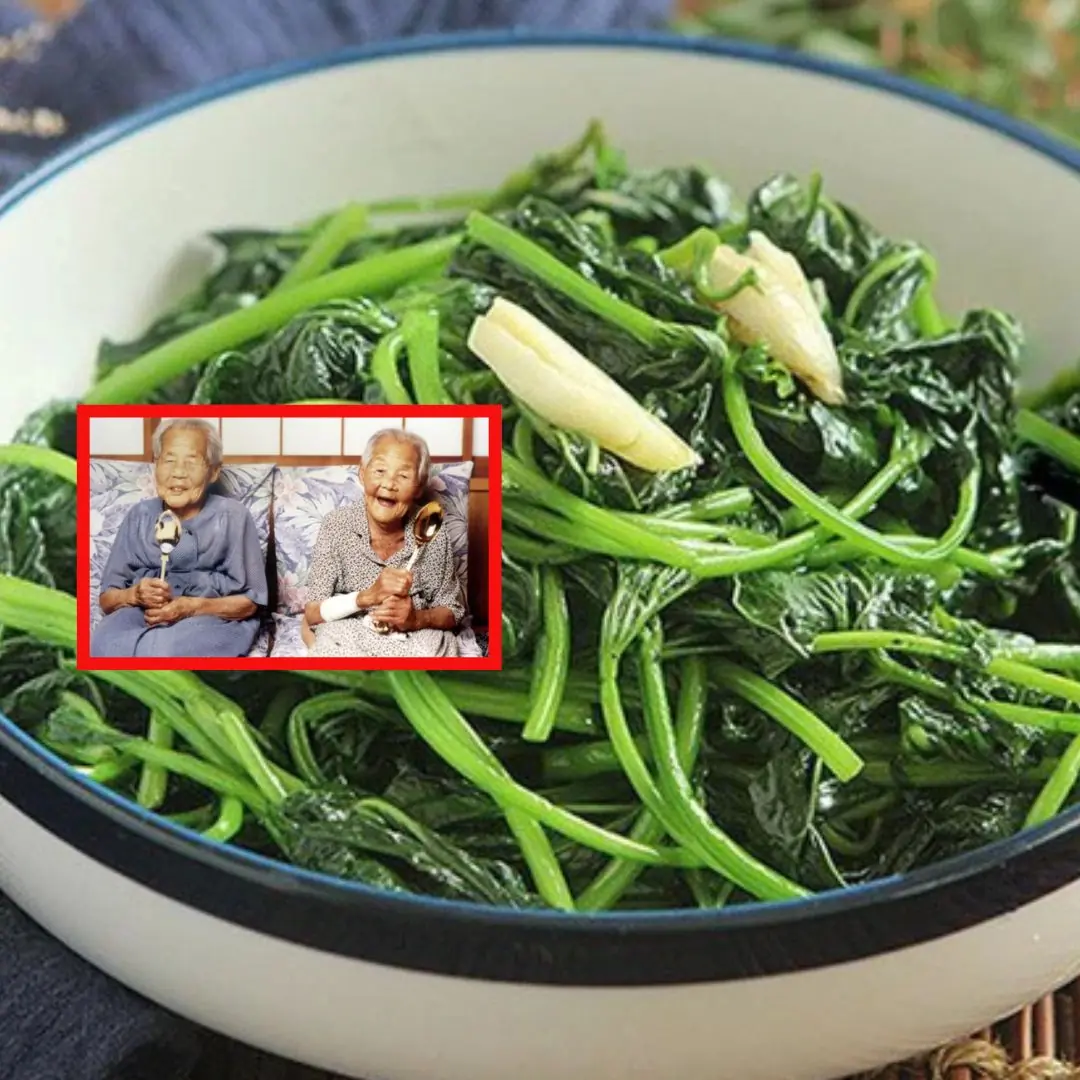
Rich in nutrients, these 3 vegetables are considered by the Japanese as a longevity eli.xir

Does eating boiled eggs every day benefit or harm the li.ver?

Artichoke - "super vegetable" helps keep the liver healthy, good for the heart, and prevents can.cer

Why do restaurants and hotels often put ice in the toilet?
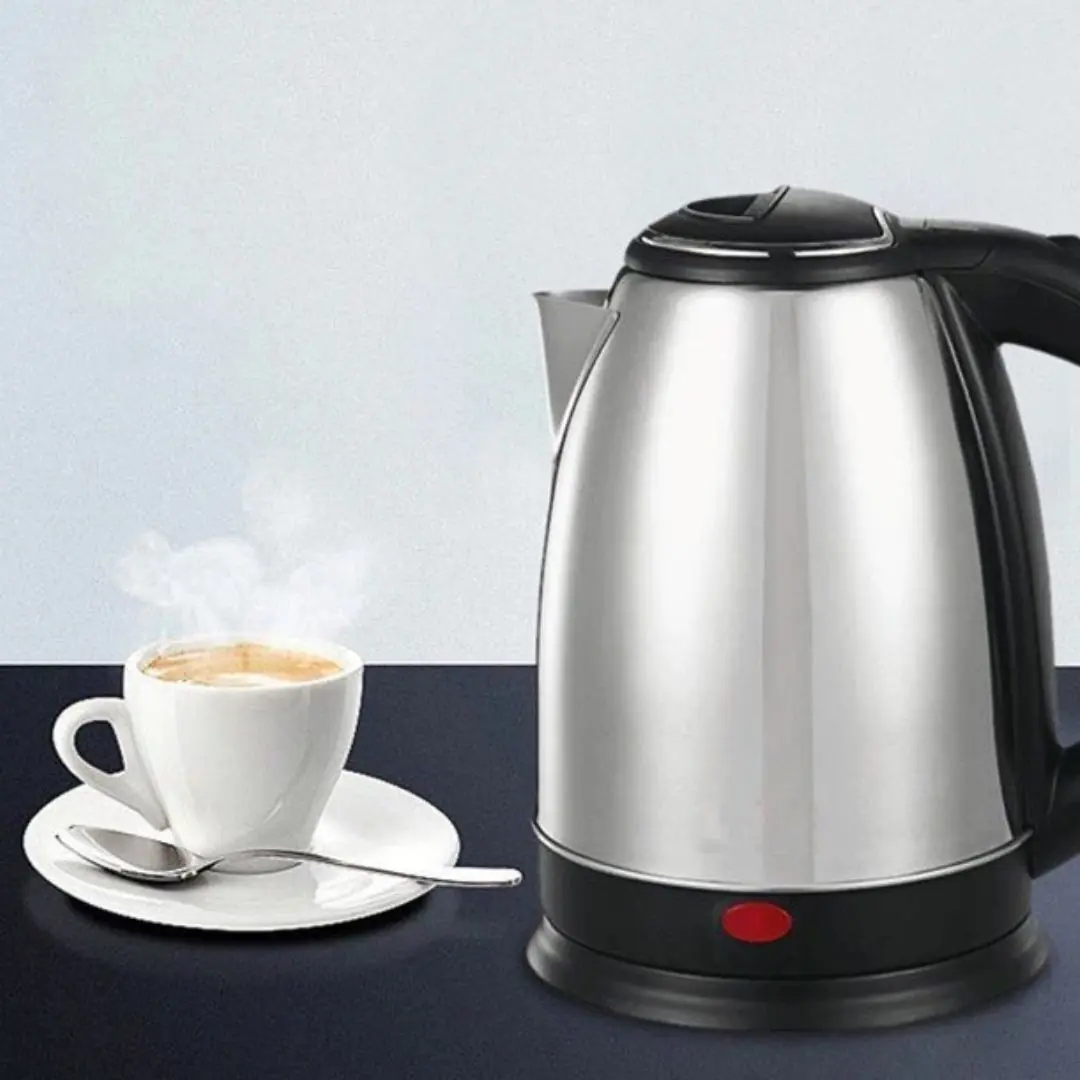
Why do foreigners rarely use electric kettles even though they are very convenient?

Should You Peel Ginger Before Eating? The Answer Isn’t as Simple as You Think

When Buying Bananas, Just Remember This Tip and You’ll Instantly Know Whether They’re Naturally Ripe or Chemically Ripened

5 Foods Stored in the Fridge That Are Like a “Breeding Ground” for Bacteria and Pathogens

A 40-Year-Old Woman Was Rushed to the Hospital After Eating Grapefruit This Way

5 great benefits of drinking coffee in the morning

Why should men eat a slice of ginger after waking up in the morning?

4 amazing health benefits of chrysanthemum tea

Why Should Men Eat a Slice of Ginger After Waking Up in the Morning?

A Type of Fish Known as the “Ginseng of the Water,”

If You Eat Pork Regularly, You Must Pay Attention to These 3 Things
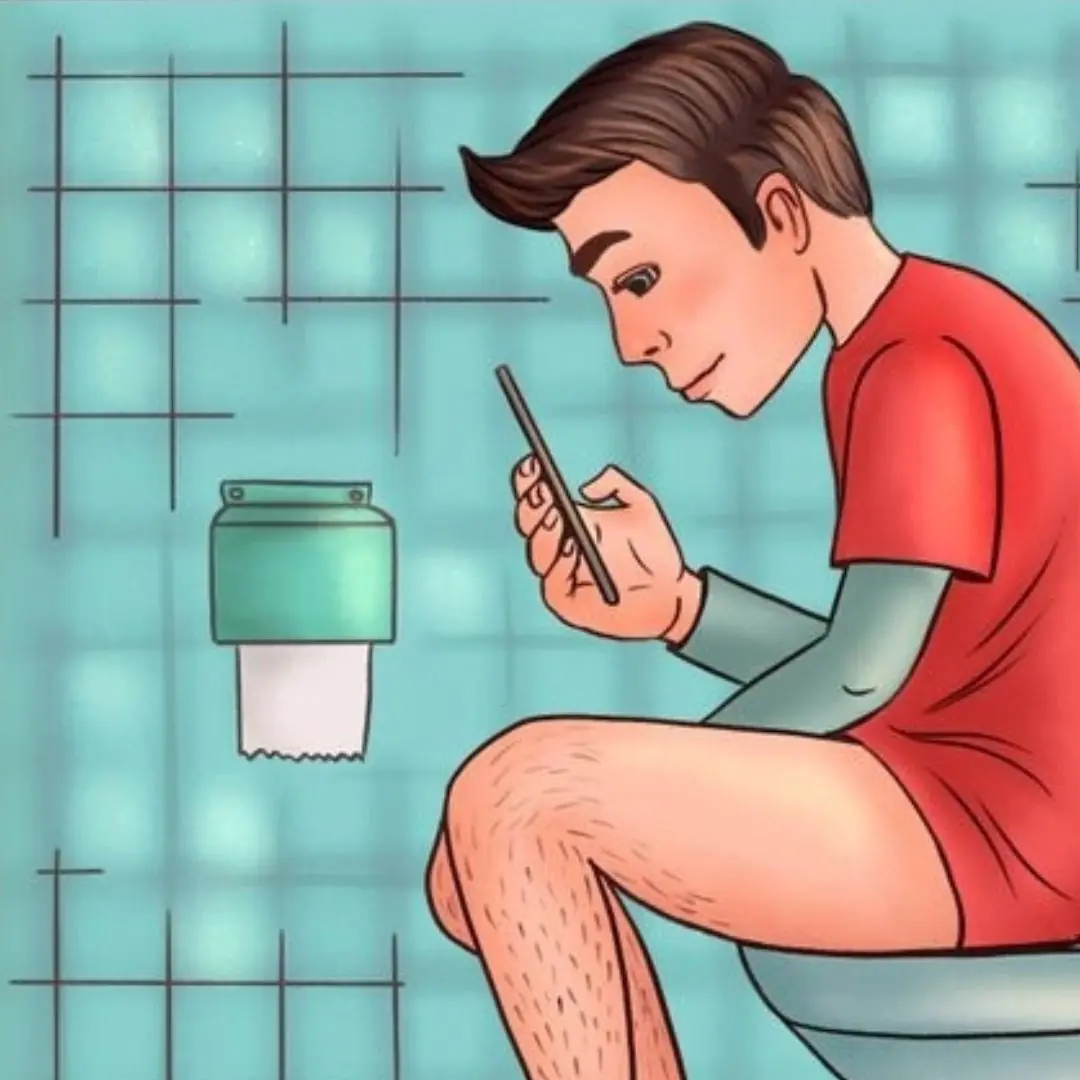
Harmful effects of using phone while going to the toilet you need to know
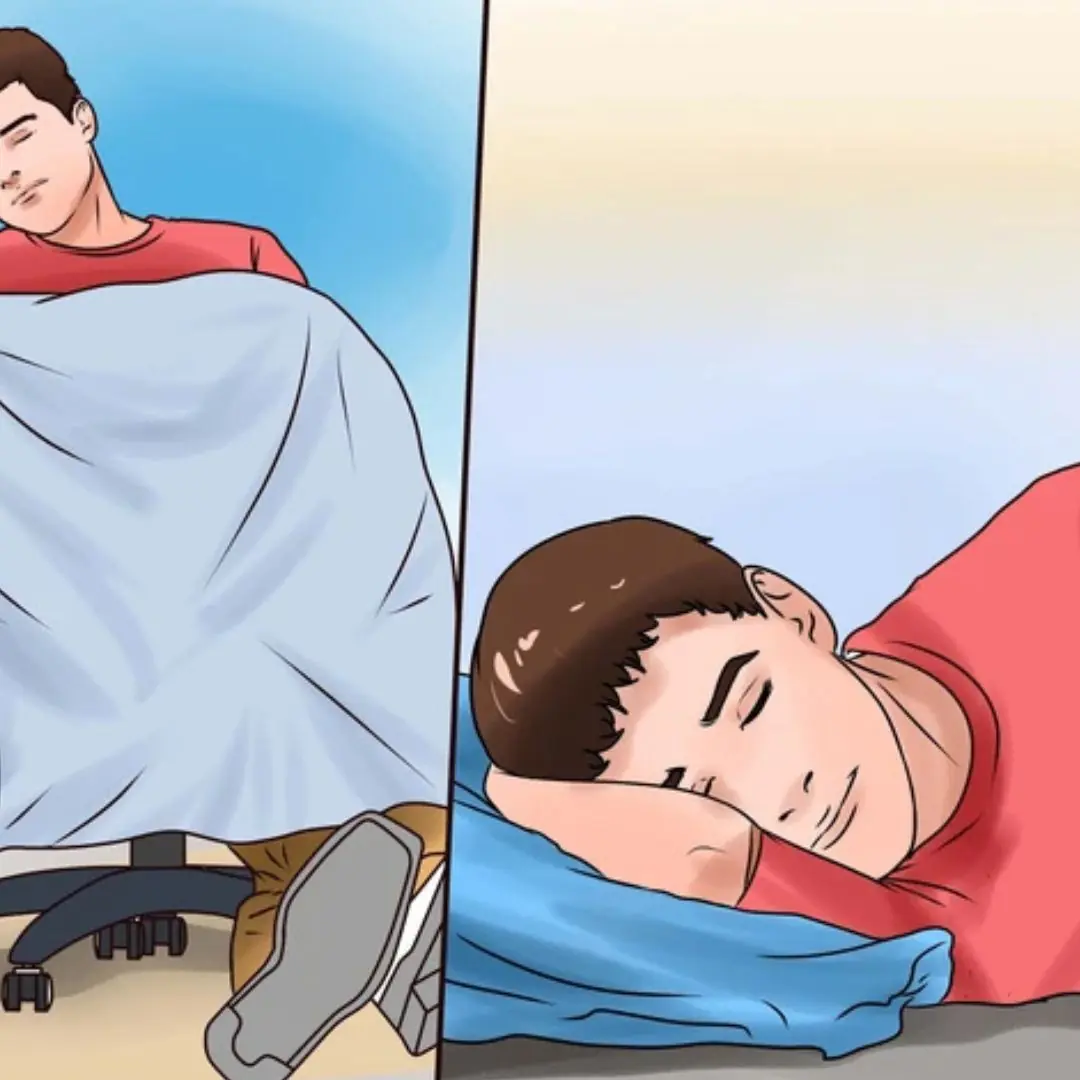
You may not notice: when we fall asleep on the table, we often get startled - Why is that?
News Post

5 Types of Vegetables That “Naturally Contain Toxi.ns”

Sweet Potato vs. Potato: The Truth About Their Health Benefits

Waking up with foamy urine: Warning of 3 serious illnesses, number 1: Go to the hospital quickly

These common garden leaves could be a natural remedy for bone and joint problems—yet many overlook their power

Waking up with 6 strange tastes in your mouth, watch out for internal organs being sic.k

Headaches at these times warn of extremely dang.erous diseases

These 4 parts of a pig may be delicious and inexpensive, but you shouldn’t eat them too often—don’t let greed harm your health

Reasons why you should stop eating tilapia as soon as possible

Rich in nutrients, these 3 vegetables are considered by the Japanese as a longevity eli.xir
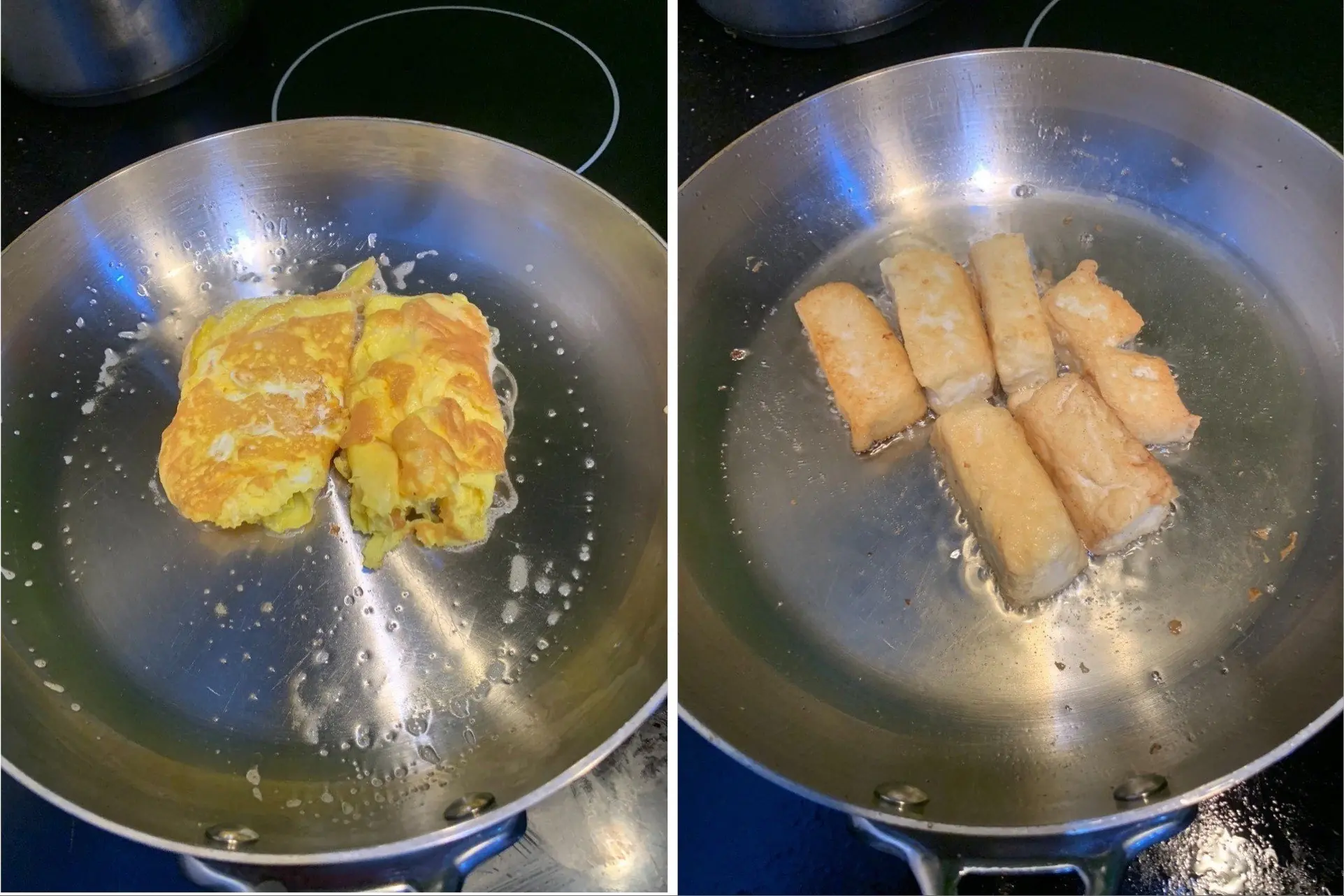
Frying Anything Without Sticking: Just Add This Liquid to the Pan

2 Hygiene Habits That “Damage” the Inti.mate Area

Eliminate Refrigerator Odors with Just Two Common, Cheap Items
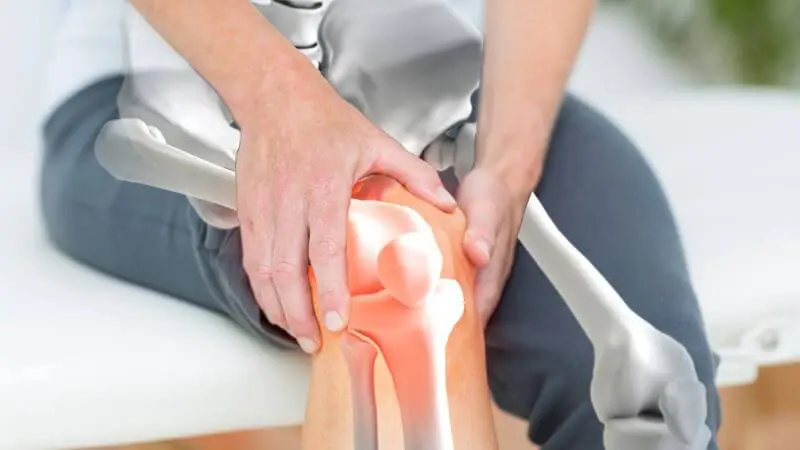
3 Types of Autumn Vegetables Known as the “Kings of Calcium” Everyone Should Eat Regularly

Does eating boiled eggs every day benefit or harm the li.ver?
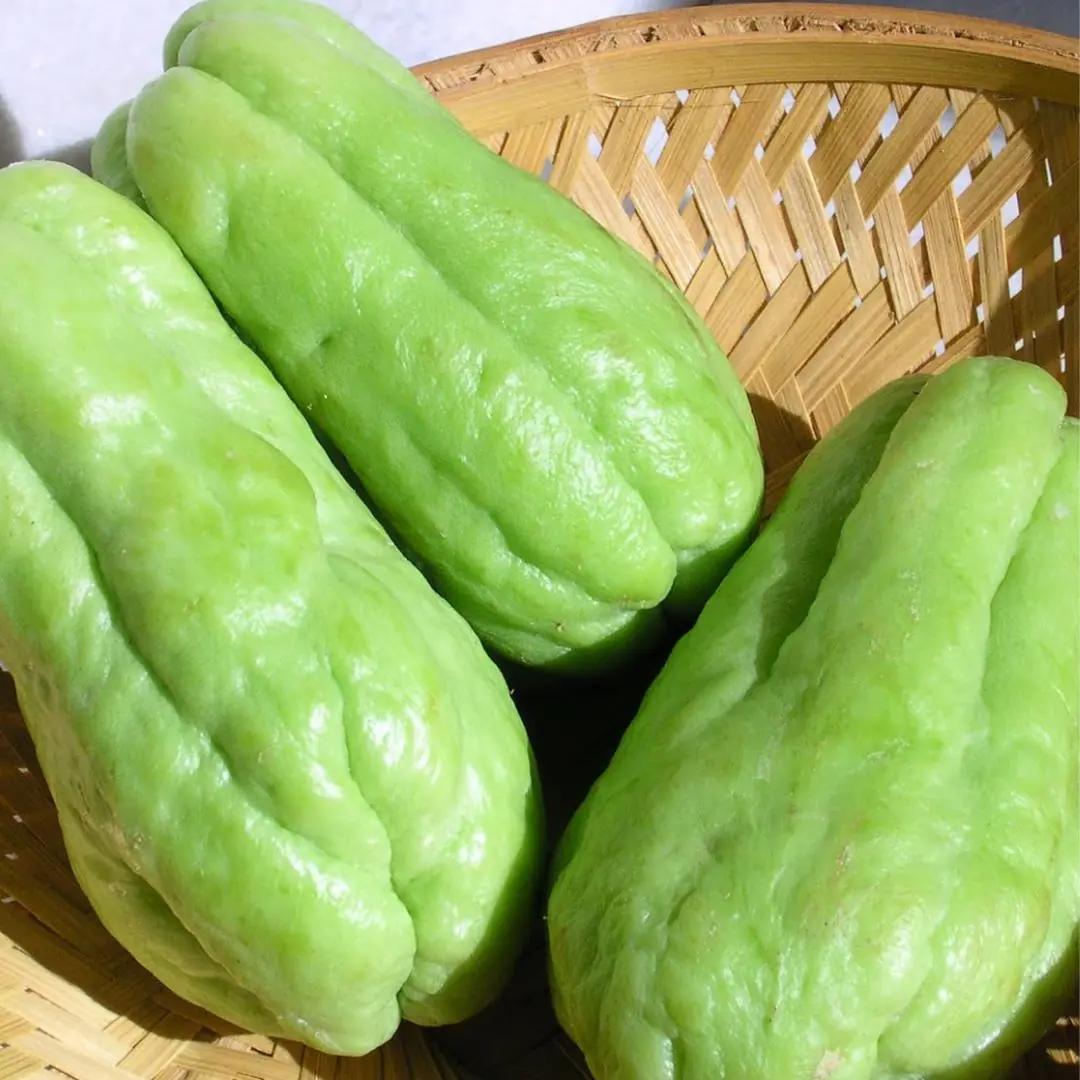
Groups of people absolutely abstain from eating chayote squash to avoid bringing disaster upon themselves

People with weak kidneys often have pain in 5 places: If you have 1, you need to see a doctor immediately!

5 abnormalities that appear at night warn of "blood flooding the street", even young people should not be subjective

If Your Kidneys Are in Danger, the Body Will Show these 10 Signs

Young Woman Dies at 27 from Late-Stage Thyroid Cancer
